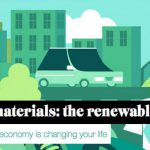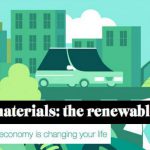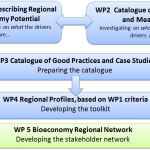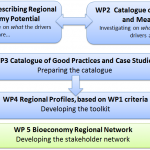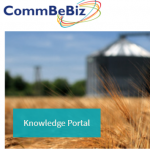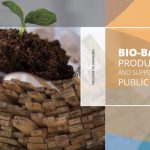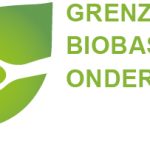S2Biom Database of biomass conversion technologies
The S2Biom project supported the sustainable delivery of non-food biomass feedstock at local, regional and pan European level through developing harmonised data sets, strategies, and roadmaps at local, regional, national and pan European level for EU28, Western Balkans, Ukraine, Moldova and Turkey. The project improved scientific evidence on the availability, cost supply, technologies and framework conditions (policy, financing, sustainability) for lignocellulosic non-food biomass by 2030.
This report describes the S2Biom database on biomass conversion technologies, describing technologies in the following main categories:
- Direct combustion
- Gasification (and the syngas platform)
- Fast Pyrolysis
- Torrefaction
- Techniques from the pulp and paper industry
- Biochemical conversion technologies


